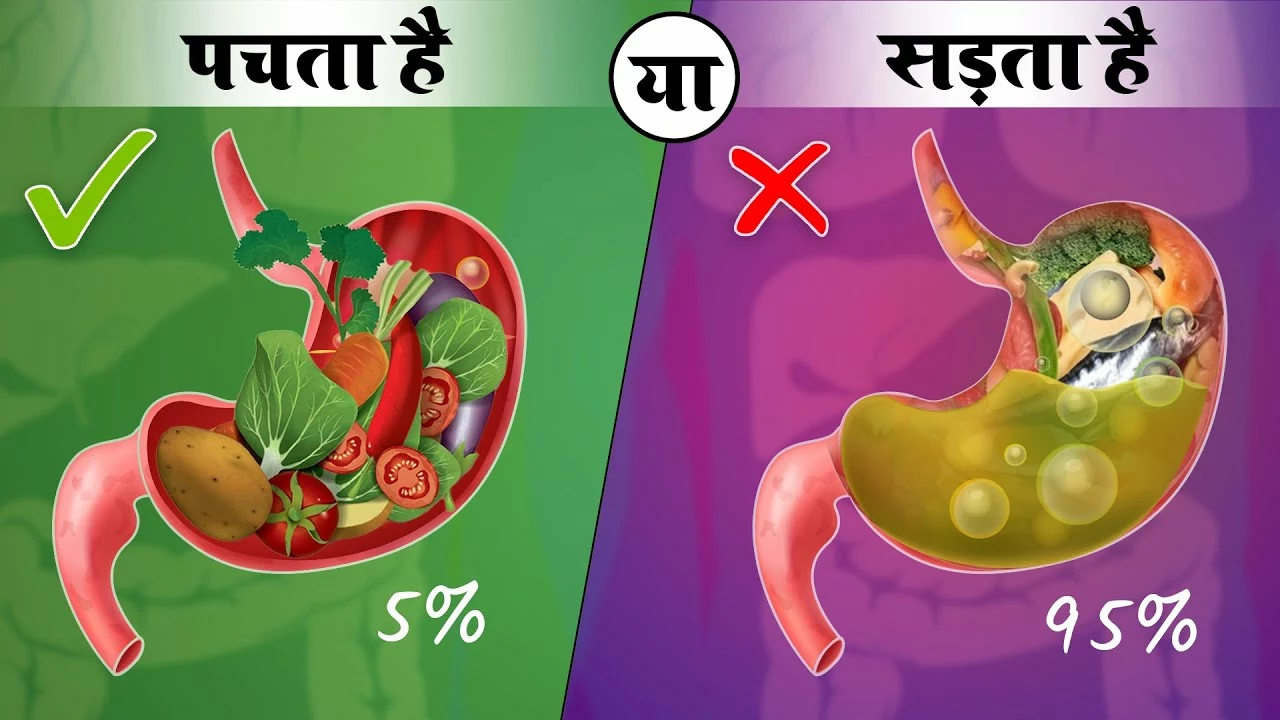Enhance Gut Health: Practical Steps You Can Use Today
Want better digestion, more energy, and fewer tummy troubles? Small, consistent changes often move the needle more than dramatic diets. Here are simple, realistic ways to enhance gut health that fit into a busy life.
Daily habits to improve gut health
Start your day with a glass of water. Hydration helps move food through the gut and keeps stool soft, which reduces strain and bloating. Pair water with a balanced breakfast: think oats, Greek yogurt, or a smoothie with berries and a handful of spinach.
Add more fiber—gradually. Fiber feeds good bacteria and supports regular bowel movements. Aim for a variety: soluble fiber from oats and apples, insoluble fiber from whole grains and vegetables. Increase fiber slowly to avoid gas, and drink extra water as you do.
Move more, sit less. Short walks after meals speed digestion and lower blood sugar spikes. Even 10–15 minutes of walking after dinner can reduce bloating and help your microbiome thrive.
Sleep matters. Poor sleep alters gut bacteria and raises inflammation. Set a regular sleep time, limit screens an hour before bed, and aim for 7–8 hours most nights to support digestion and mood.
Food choices, probiotics, and what to avoid
Eat a variety of whole foods. Different plants mean different types of fiber and nutrients—this variety feeds diverse gut bacteria. Include colorful vegetables, legumes, nuts, seeds, fruits, and whole grains across the week.
Include fermented foods if you tolerate them: plain yogurt, kefir, sauerkraut, kimchi, and miso contain live cultures that can boost bacterial diversity. If you have a weakened immune system or certain health issues, check with your clinician before trying high-dose ferments.
Consider a probiotic supplement when needed. Not everyone needs one, but probiotics can help after a short antibiotic course or during bouts of diarrhea. Choose a product with specific strains shown for your problem (for example, Lactobacillus rhamnosus or Saccharomyces boulardii for antibiotic-associated diarrhea) and follow label dosing.
Limit ultra-processed foods and excess sugar. These can promote less desirable bacteria and increase inflammation. Swap sugary snacks for nuts, fruit, or plain yogurt when you need a quick bite.
Watch meds that affect the gut. Antibiotics, some painkillers, and certain diabetes drugs can change your microbiome or cause constipation or diarrhea. Talk to your doctor if a medicine seems to be affecting your digestion—there are often safe alternatives or supportive steps you can take.
Know when to see help. Persistent bloating, weight loss, blood in stool, or severe abdominal pain deserve medical attention. These signs can indicate infections, inflammatory conditions, or food intolerances that need testing and targeted treatment.
Small adjustments add up. Swap one processed snack for a piece of fruit, add a daily walk, or sleep 30 more minutes each night. Those tiny wins will help you steadily enhance gut health and feel better day to day.

How to Improve Your Digestive System for Better Absorption of Nutrients
Haig Sandavol May 19 10In my latest blog post, I discuss the importance of maintaining a healthy digestive system for better absorption of nutrients. I share some valuable tips, such as incorporating fiber-rich foods, staying hydrated, and practicing mindful eating. Additionally, I emphasize the benefits of regular exercise and stress management in maintaining optimal digestion. Give it a read to learn more about enhancing your overall health by improving your digestive system. Don't miss out on these essential tips to maximize nutrient absorption and feel your best!
More Detail